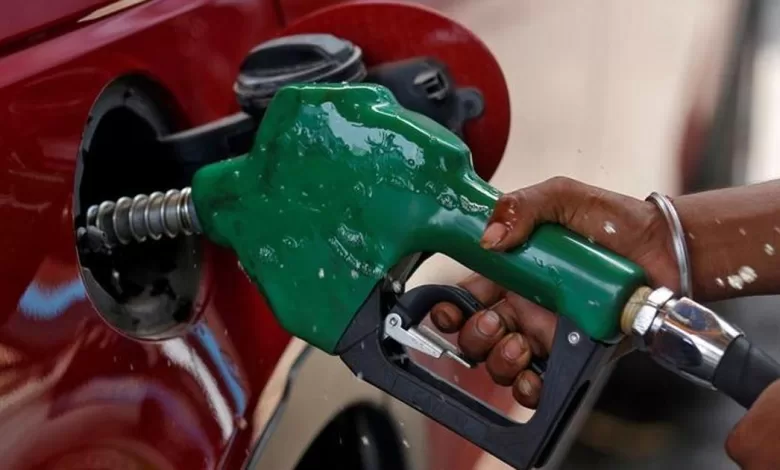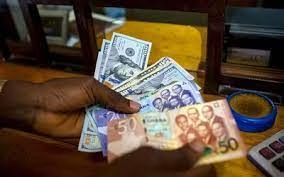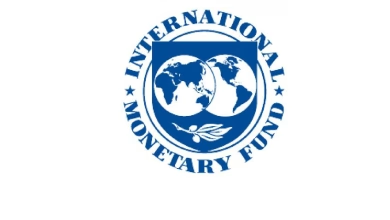
- OMCs hike petrol prices, GOIL sells at GH₵15.22/liter
- Star Oil offers diesel at GH₵13.97/liter
- Price hike may lead to transport fare increment
Motorists in Ghana woke up to a surprise this morning as some Oil Marketing Companies (OMCs) implemented price increases for petroleum products. This comes despite earlier predictions from market analysts suggesting a period of stability.
The leader of the pack, GOIL, took the biggest leap, setting a new price of GH₵15.22 per liter for petrol. This represents a significant jump from previous prices. However, there was a glimmer of hope for diesel users, with GOIL reducing their price to GH₵14.65 per liter.
Interestingly, not all OMCs followed suit. Star Oil, for example, defied the trend and slashed their prices. They are now offering a more competitive rate of GH₵13.99 per liter for petrol and GH₵13.97 per liter for diesel. This move by Star Oil could spark a price war among OMCs, potentially benefiting consumers in the long run.
The OMCs attributed the price hike to two main factors: the rising cost of crude oil on the international market and the depreciation of the Ghanaian cedi. Crude oil prices have been on an upward trajectory in recent months, driven by global factors beyond Ghana’s control. The weakening cedi further compounds the issue, as it makes importing oil more expensive.
This price increase is likely to have a ripple effect throughout the Ghanaian economy. Transport operators, already dealing with rising operational costs, may be forced to increase fares to compensate for the more expensive fuel. This, in turn, could lead to higher prices for goods and services, putting a strain on household budgets.
The situation highlights the complex interplay between global market forces and the Ghanaian economy. While the government has limited control over international oil prices, they may look for ways to mitigate the impact on Ghanaians. This could involve measures to stabilize the cedi or introduce targeted subsidies for vulnerable groups.
Consumers are now left to navigate this new reality. With petrol prices reaching record highs, Ghanaians will likely be looking for ways to conserve fuel, such as using public transportation or carpooling. The coming weeks will be crucial as Ghanaians adjust to this new normal at the pump, and it remains to be seen how long this price hike will last.






